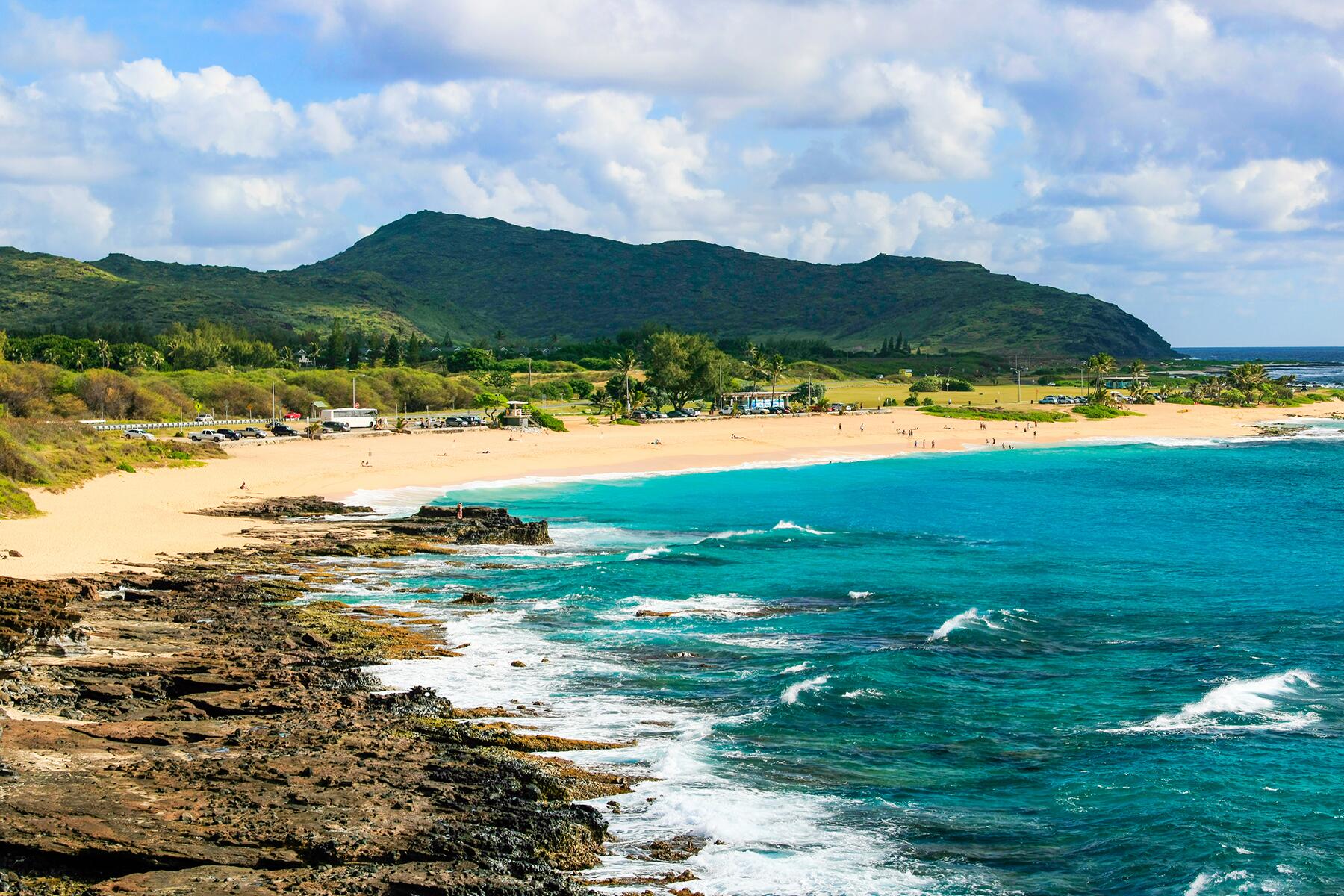I’m a Pakistani-American solo traveler, and here’s how I get treated differently when I travel.
I’ve been traveling the world solo for over 10 years. I’m American, but my ethnicity is Pakistani. For most of my life, I only considered myself American, and that was never really up for debate. It wasn’t until a few years into my travels that my identity was questioned, and it made me notice changes in the way I traveled and was seen as a traveler.
Where Are You From?
Answering that question should be simple, but, in my case, 99% of the time, it isn’t a one-word answer.
When traveling through Europe or North America, comments are very rarely made. If I interact with someone and tell them I’m a tourist and am asked the question, “Where are you from?” I can get by saying, “I’m from New York,” with no follow-up responses. If anything, people will then reply, “Ah, an American.” The conversation then usually plays out about American stereotypes, politics, or about their experience in America.
Recommended Fodor’s Video
When traveling to another country, specifically countries predominately populated by people of color, like Vietnam, Indonesia, and Mexico, answering that question about where I’m from turns into more about my appearance and ethnicity. Walking through a touristy area, sometimes I’ll have people who I’m not even having a conversation with just say, “India?” or “Indian?”
When I was in South Korea, walking through a fish market, I had a lady who did not speak English stop me and say, “Indian?” and I said, “No, Pakistani.” She pointed at me and then to her eyes and said, “Beautiful.” When I got closer, she repeated it and then pointed to my arm and then rubbed her arm, saying “beautiful.” She was telling me my eyes and complexion are beautiful.
When I say I’m American, it turns into, “But where are you really from?” Usually, they’ll guess and say I’m Indian; I’ve never had someone guess Pakistan over Indian before. While my ancestry dates back to India, I am Pakistani and have never been to India. I would like to, but it’s actually really challenging for a Pakistani to get a visa. In some countries, people don’t think I’m American or American enough because of how I look. In some instances, they’ll ask me about Pakistan or India, and I won’t have anything to say because I’ve been to my mother country only a handful of times, and I’ve never been to India.
How My Experience Varies in Different Countries
Given my dual identity, nationality, and ethnicity, it can often lead to confusion for others and an identity crisis for me. I’ve learned how to navigate these types of conversations in a positive manner.
I’m in Egypt right now, and I tell people I’m from Pakistan instead of the U.S. Given that it is a Muslim-majority country and I have an Arabic name, it allows me to connect with locals and the culture more. I am able to relate to them more with my Pakistani roots, religion, and culture than my life in America. I also know that if I order a cab or an Uber, people will think I’m Egyptian because my name is very common there.
For this reason, I know that I’ll be asked where my family is from and what religion I follow. Sometimes, saying I’m Pakistani vs. American means I save myself from paying more, which is a great perk. I definitely avoid saying I’m from the U.S. when bargaining or purchasing something. Americans tend to pay more because of the assumption that all Americans are wealthy.
I was traveling alone for the first time in Pakistan. There, I’m not just Pakistani. It is clear as day that “I’m from outside,” as they say. I could be wearing the same traditional clothes as everyone else, but they can tell. Once I start speaking the language, you can also tell that I speak Urdu differently. In some ways, though, I can blend in with the crowd and not pay tourist prices based on my looks.
In other countries like South Africa or Mexico, I can pass as a local, which means that I’m not targeted as a tourist. There are many South Asians in Cape Town, South Africa, so some people might mistake me as a local. While walking on the streets, hailing a taxi, or eating at a restaurant, I might not stand out in a crowd as a foreigner. Generally, this makes me safer as I blend in.
Although in Dubai, I’m treated differently based on my appearance rather than when I speak. Most people there automatically assume I’m Indian, and occasionally, I face discrimination. There are instances I’ve been racially discriminated against at restaurants and bars. More so, in places where there aren’t many South Asians. I’ve had comments made like, “Go back to India.”
When I speak in my American accent, I see a shift in treatment and surprised looks. This isn’t always the case. My nationality is often questioned. These experiences around the world have taught me about privilege, microaggressions, and discrimination and have led me to navigate my ambiguous identity in different situations. It’s also made me really passionate about changing people’s perception about South Asians, South Asia, and encouraging more diversity in the travel industry to help rewrite the narrative.




